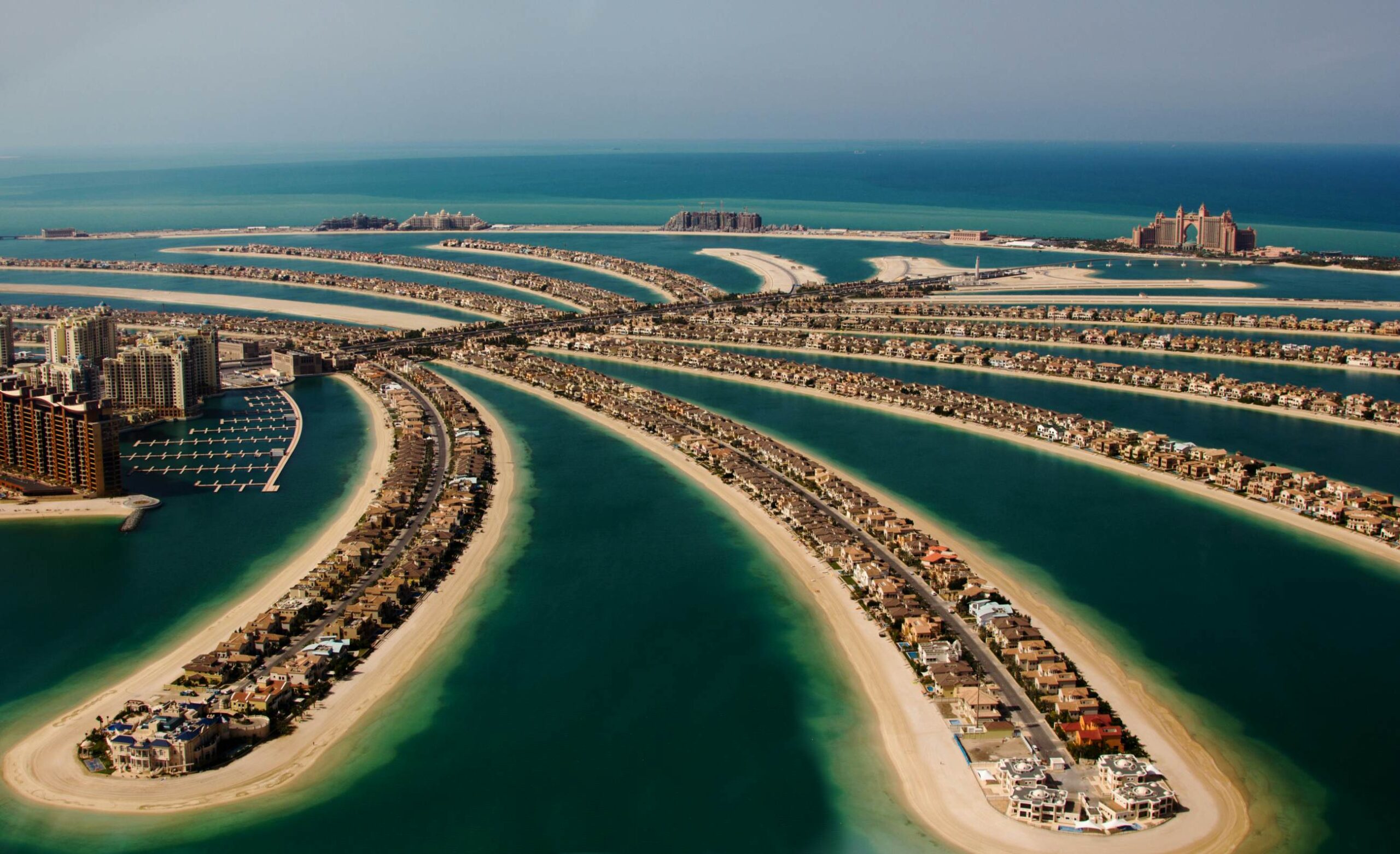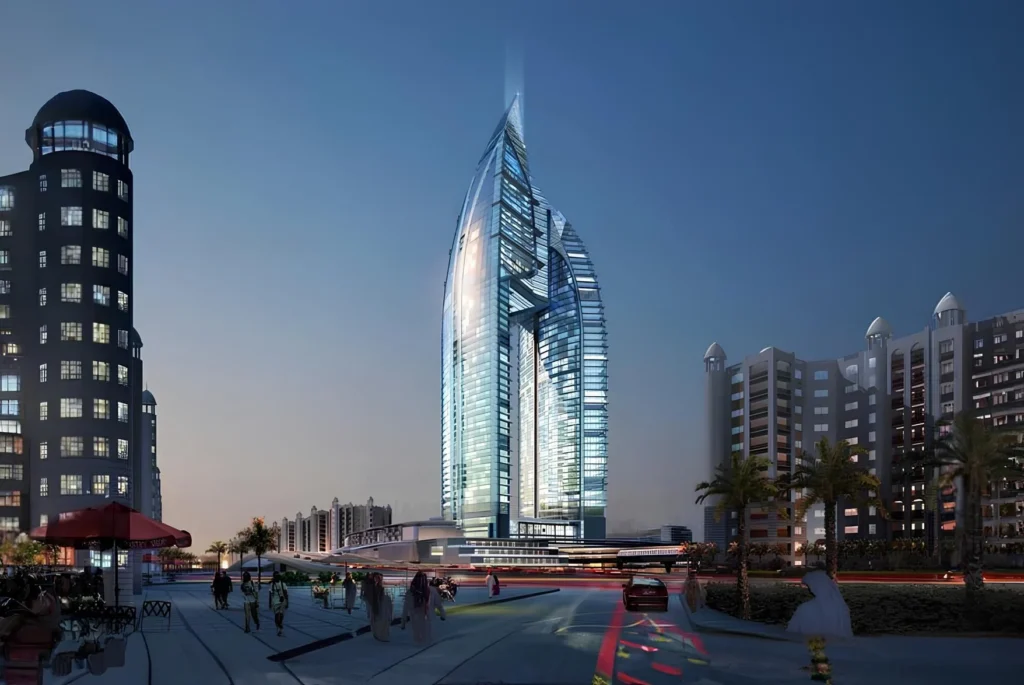The United Arab Emirates (UAE) is developing a governance model designed to tackle complex future challenges, according to Ruqayya AlBlooshi, Executive Director for International Relations and Government Knowledge Exchange at the UAE Prime Minister’s Office. In an exclusive interview, AlBlooshi discussed the UAE’s strategy to address global issues like climate change and artificial intelligence before they become widespread concerns.
Highlighting the UAE’s proactive stance, AlBlooshi pointed to the country’s recent hosting of COP28 and the appointment of a Minister of Artificial Intelligence as key examples. These efforts are part of a broader initiative to diversify the UAE’s economy and solidify its role as a global leader in governance and innovation.
The UAE’s governance model was tested during the COVID-19 pandemic, showcasing its resilience and agility. The country’s effective response earned it high global rankings and further enhanced its reputation.
In addition to its governance innovations, the UAE has adopted a “business first” approach to diplomacy, emphasizing Comprehensive Economic Partnership Agreements (CEPAs) to expand its economic influence globally. This strategy aims to diversify the economy beyond oil, position the UAE as a trade and logistics hub, and enhance its diplomatic influence. The UAE’s neutral stance in global geopolitics has also helped it maintain strong relationships with major powers.
The country’s efforts have been recognized globally, with the UAE rising to 10th place in the Global Soft Power Index, thanks to its reputation for safety, stability, and business-friendly policies. State-affiliated companies play a crucial role in this, driving the UAE’s global presence through overseas investments and attracting foreign direct investment.







